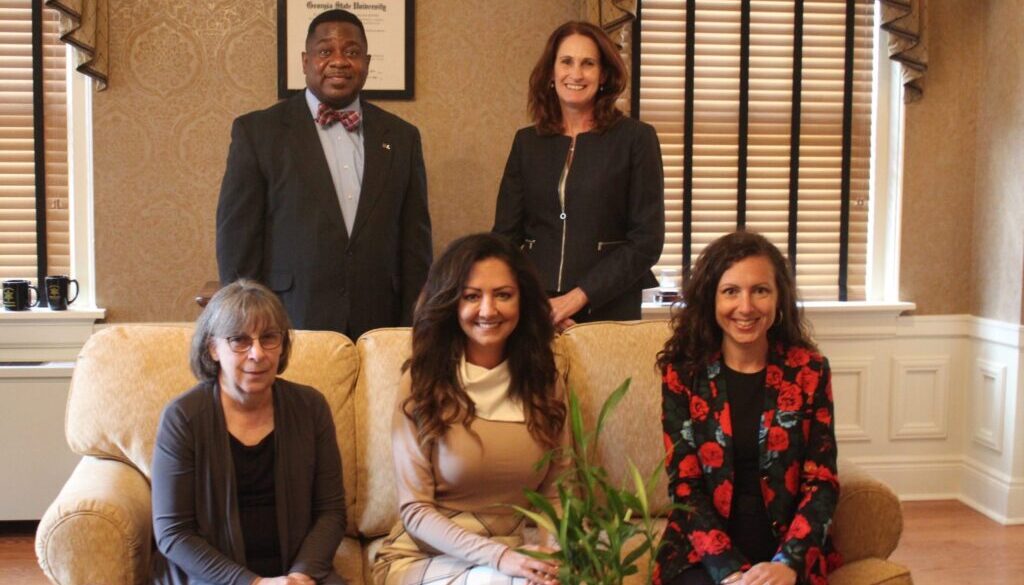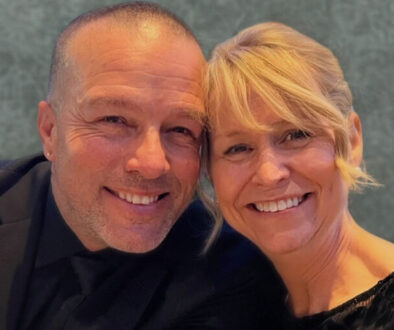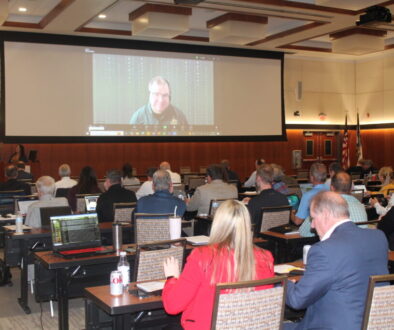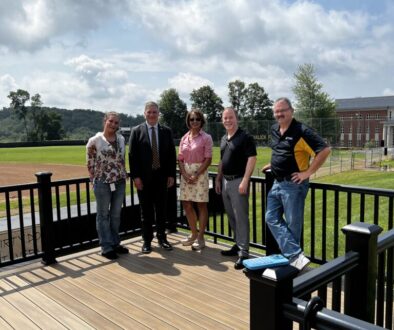West Liberty University Receives $25,000 for Early Literacy Growth
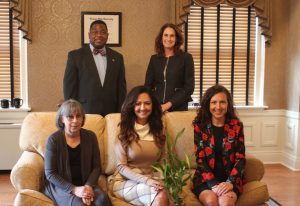
WEST LIBERTY, W.Va., June 22, 2021 — West Liberty University’s College of Education and Human Performance is one of nine “Sparking Early Literacy Growth” grant recipients selected by the Claude Worthington Benedum Foundation of Pittsburgh recently. The award is for $25,000.
“West Liberty University is committed to working toward the goal of literacy growth for our youth across the Mountain State. I would like to thank the Benedum Foundation for its support in assisting higher education to close the literacy gap,” said Dr. W. Franklin Evans, WLU president.
Heeding the call to raise West Virginia’s third-grade reading proficiency rate, which hovers at 44 percent, the West Virginia Public Education Collaborative (WVPEC) joined forces with the West Virginia Department of Education, the Benedum Foundation, and Marshall University’s June Harless Center, to improve the state’s literacy levels by the end of third grade.
Chosen from a pool of 64 applications, the nine grant recipient projects were selected by a committee of literacy experts.
Benedum Foundation Vice President Jim Denova said, “No one disputes the importance of third grade reading to the future success of all students. West Virginia’s overall reading scores are not good, but averages also mask disparities between and among student populations, schools, and grade levels. This initiative, administered by the West Virginia Public Education Collaborative, will attack these gaps with innovative programming.
Phase one of WLU’s literacy growth project will place graduate students from the Master of Arts in Education (MAED) Reading Specialist Program in preschool and elementary residencies in Hancock, Brooke, Ohio, Marshall and Wetzel Counties.
The MAED students will work alongside experienced literacy experts, who will serve as graduate student mentors. Each graduate student will be responsible for case analyses of three to five high-risk students. The mentors will coach the graduate students on the range of assessment instruments, methods of diagnosing individual learning styles, and individual impediments to learning and matching instructional strategy to need.
Diagnostic assessments and progress monitoring data logs will be used to measure elementary student growth. WLU anticipates that the mentorship component and clinical rounds will inform new teacher preparation standards for the state.
“WLU’s proposal to enhance teacher preparation programming with expert mentoring was one of nine proposals selected for Benedum funding, mainly because it will prepare teachers to better diagnose individual learning styles and customize learning plans to each student’s unique needs – a skill set that WLU recognizes is not adequately covered in traditional teacher preparation, but will be increasingly critical as the public education system struggles with COVID-impacted learning loss,” Denova said.
Phase two of WLU’s plan is launching the Children’s Center for Literacy and Language, including a resource center, meeting rooms, and a model classroom incorporating state-of-the-art design for multi-sensory learning.
WLU proposes to use the center to train, mentor, and prepare future teachers to teach reading.
“Highly-qualified teachers are the backbone of our education system and the key to student success, which is why it’s so important to invest in training, mentoring, and preparing our next generation of teachers,” said Donna Peduto, executive director of the WVPEC.
“Programs like West Liberty University’s new Children’s Center for Literacy and Language Center will not only help set our future teachers up for success in the classroom but help them become future literacy leaders who can help our state strengthen reading proficiency rates from the ground up. We thank WLU and the Center’s first cohort of graduate students and mentors for their leadership in taking on early literacy,” she added.
According to the National Campaign for Grade-Level Reading, disadvantaged children often lack exposure to the reading and vocabulary that develops early language and cognitive skills, with 61 percent possessing no children’s books at home.
By age two, these children are already behind their peers in listening and counting. By age four, they may hear as many as 30 million fewer words before reaching kindergarten. By age five, they may only recognize nine letters compared to 22 among children raised in more affluent households.
“We are committed to providing comprehensive educational experiences through research and practical experience for our teacher candidates in order to provide the best educational footing for our youngest learners to reach their full potential,” explained Dr. Cathy Monteroso, WLU’s dean of the College of Education and Human Performance.
“This grant provides the needed resources to allow our program to redesign and revolutionize graduate-level clinical experiences. In addition, the WLU graduate residency model will increase teacher candidate effectiveness and provide much-needed supplementary intervention services to our educational partners,” said Dr. Nicole L. Ennis, WLU’s director of the Master of Arts in Education degree program.
The WLU Foundation will administer the grant and raise matching funds to support the project.
The Claude Worthington Benedum Foundation has served West Virginia and Southwestern Pennsylvania since it was established in 1944 by Michael and Sarah Benedum. Grants are made to support specific initiatives in the areas of Education, Economic Development, Health and Human Services, and Community Development.
For more information, please visit www.westliberty.edu or call 1.866.WESTLIB.

